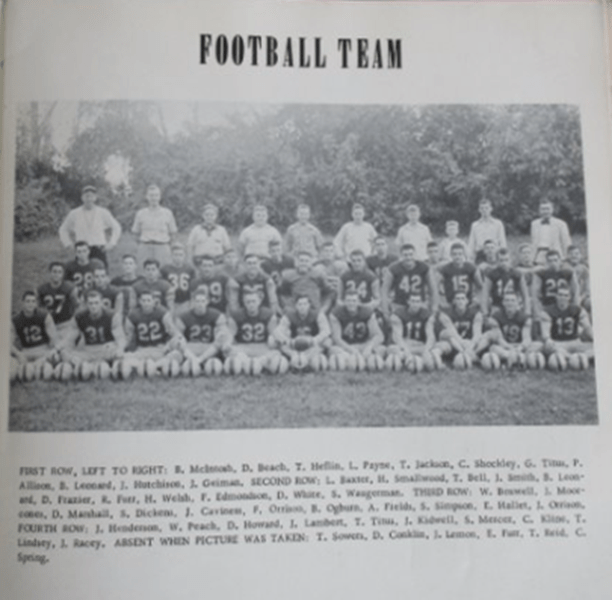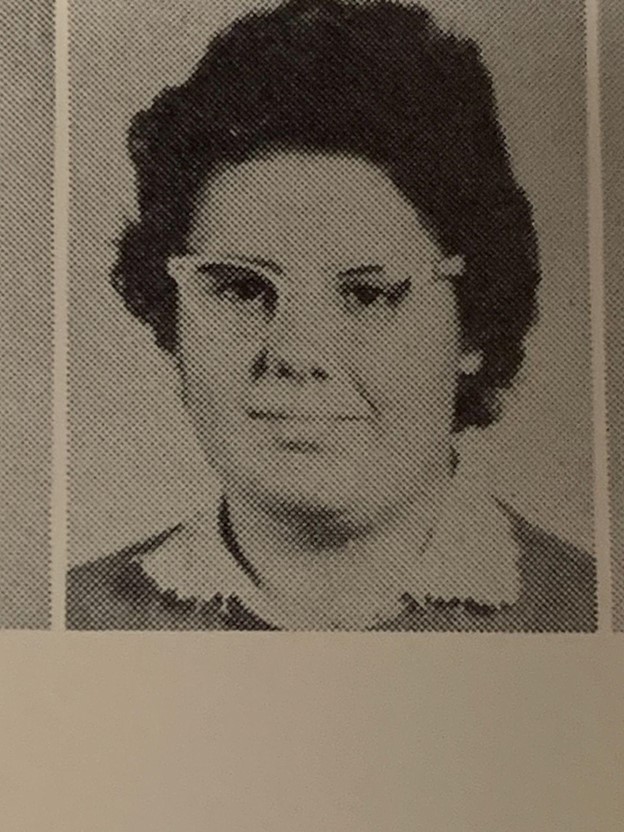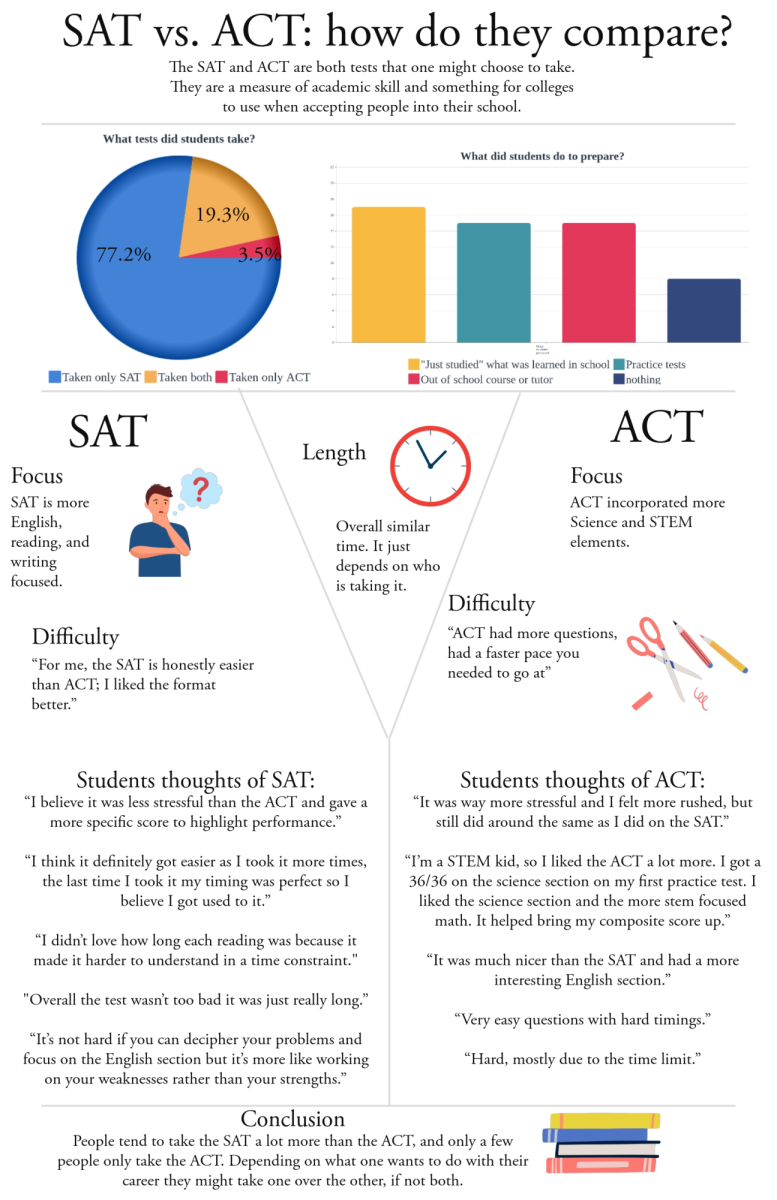Due to a lack of government funding, LCHS staff and the Loudoun County board of supervisors authorized the selling of the school for 100 shares for 1 million dollars a share. While many students and staff criticized the move, their main concerns of having to pay for the cost of private schools faded after the board of directors announced that there would be no fees associated with attendance. This begs the question, why would corporations buy expensive shares of a school that generates no revenue?
The board of directors recently launched projects to expand their gourmet food and technology departments at the expense of the other departments. While students and teachers in those programs were at first happy with this change, they quickly questioned the motives behind expanding the programs.
“Instead of my usual lesson plan, I was instructed to teach how chocolate was made,” gourmet foods teacher Andy Policeman said. In the following days, students reported that instead of learning new recipes and dishes, they spent most of their time making chocolate. “Usually we are allowed to take our food home, but this time, whatever we made suspiciously disappeared at the end of the block,” senior Mikhail Heavener said. Gourmet foods, historically an elective, was later made into a required class, and everyone in the school was required to take at least two classes per year. “I like gourmet foods, but being required to use up a quarter of my blocks just to graduate is a bit much,” continued Heavener.
In addition to the expansion of gourmet foods, computer science classes were also expanded and renamed to computer engineering. “In my computer science class, we typically learn how to program and create algorithms using languages. However, we’ve now started transitioning into making circuits and computer parts. I love getting hands-on experience with building computer parts, but every class is the same. We don’t learn anything new, and we’ve now started working with heavy, dangerous machinery,” senior Quin Holmburger said. Like the gourmet food classes, products made by students seemingly disappeared at the end of each block, and computer engineering was made a required class. Driver’s education also experienced a major change to their program. Students instead of driving cars, found themselves making them.
After we questioned the board of directors on these measures, they responded, “we undertook this project in the interest of education and for the good of students.” After the additional spending of millions of dollars in buying machinery and equipment for the school, the board of directors felt they needed to reduce the costs of education. Many teachers of Science, Art/Music, English, and History experienced salary cuts, and an estimated 10% of teachers were laid off for unspecified reasons. “I don’t know why I was fired, they never told me! Teaching the great works of literature allows students to live countless lives within the pages of a book. Why would an administration want to cut that experience?” English teacher Vallet Egg said. When the board was questioned on tha layoffs, one of the members responded, “It’s great knowing that slashing all programs and salaries doesn’t affect me because I’m not a member of the Parasite Class.”
The board of directors also decided to lift the phone ban and encouraged students to use their phones for “educational purposes.” While students were initially excited about this news, the board got rid of the standard issued Chromebooks and mandated that all education take place on personal devices. This was proven to be inconvenient for lower-income students as they now had to either use their phones or provide their own laptop. “I love being able to use my phone, but I hate writing essays and making presentations with them. As crappy as the Chromebooks are, I wish I had them back,” senior Terik “Berush” Harrison said. Students were later required to download an app that allowed them to submit assignments directly from their phones; however, some students found themselves getting harsh punishments for unspecified “uneducational activities.” When interviewed, all students admitted to have sent private texts to their friends about their distrust in the new management, but never publicly shared their views prior to the interview. This raised questions about the capabilities and purpose of the new app.
Some of the more outspoken students organized demonstrations. A specific “Stand Up for Science” protest was held after science classrooms were turned into makeshift factories. Slogans like “Keep Science Strong” and “Science Cannot Be Silenced” could be heard on the front lawn and were displayed on many signs. Despite having gotten permission from the school administration, all students involved were sentenced to permanent in-school suspension without parole and were required to serve their detentions in the gourmet food or computer engineering classes. Protestors that had previously transferred from other schools faced a different kind of punishment. “If you come here from another school and try to bring anti-education to our school, we will immediately expel you,” the president of the board of directors said. “One thing I do is, any student that protests, I throw them out of the school. As soon as they hear that, they’re going to behave.”




















![Clyde Barrow gazes upon the hallway he previously renamed to “The Wing Above My Office.” The hallway remained vacant since its opening as students avoided entering its halls. Photo by [REDACTED FOR THE SAFETY OF THE PHOTOGRAPHER].](https://countychronicle.org/wp-content/uploads/2025/06/satire-political-copy-1-1-927x1200.png)



